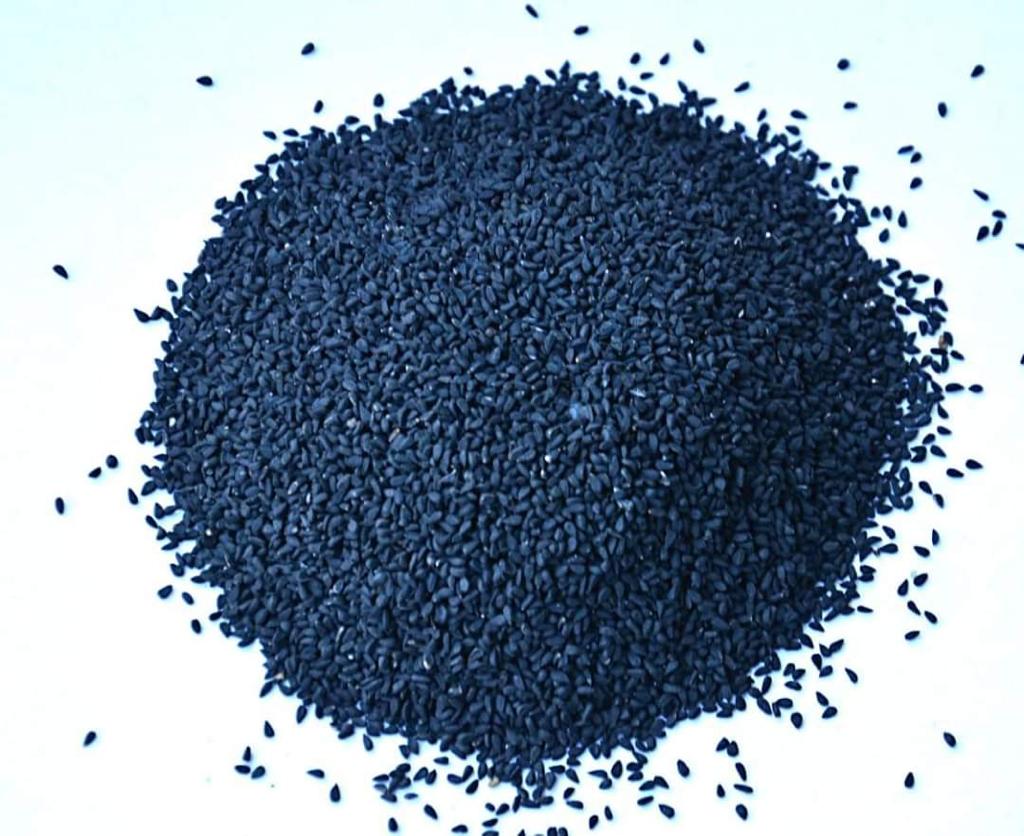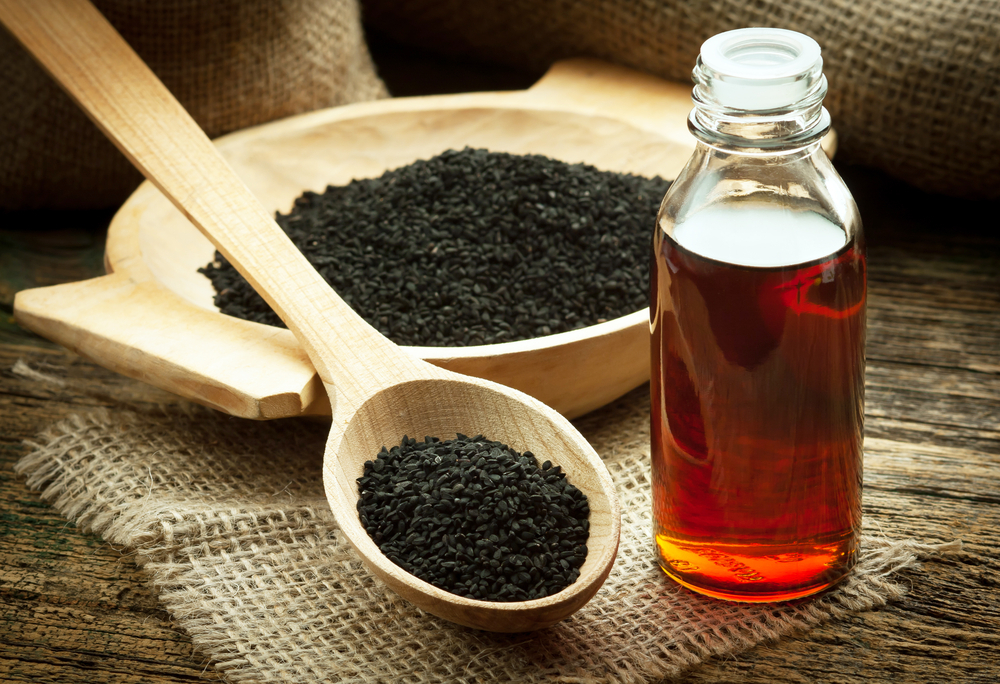In a world where natural remedies are increasingly sought after, black seeds, also known as Nigella sativa, have gained remarkable attention for their multifaceted health benefits and diverse applications. Originating from the flowering plant Nigella sativa, black seeds have been used for centuries in traditional medicine and culinary practices across various cultures. This essay aims to explore the benefits and usage of black seeds, shedding light on their medicinal properties, nutritional value, and practical applications.

Medicinal Benefits:
Black seeds have long been revered for their medicinal properties. They contain a potent bioactive compound called thymoquinone, which is credited for many of their therapeutic effects. Research has shown that black seeds possess antioxidant, anti-inflammatory, antimicrobial, and immunomodulatory properties, making them effective in combating various ailments. They have been used traditionally to alleviate symptoms of respiratory conditions like asthma and bronchitis, to promote digestive health, and to boost immune function. Additionally, black seeds have shown promising results in managing conditions such as diabetes, hypertension, and even certain types of cancer.
Nutritional Value:
Apart from their medicinal properties, black seeds are also rich in essential nutrients. They are a good source of protein, healthy fats, vitamins (such as vitamin E and B vitamins), minerals (including calcium, iron, and magnesium), and dietary fiber. Incorporating black seeds into one’s diet can contribute to overall health and well-being by providing a diverse array of nutrients essential for bodily functions.
Practical Applications:

The versatility of black seeds extends beyond medicinal use. They are commonly used in culinary practices, adding flavor and nutritional value to dishes. In Middle Eastern and Indian cuisines, black seeds are often sprinkled on bread, pastries, and salads, enhancing their taste and aroma. Additionally, black seed oil, extracted from the seeds, is utilized in cooking and as a condiment. Its distinct flavor profile and health benefits make it a popular choice for culinary enthusiasts.
Furthermore, black seed oil is extensively used in skincare and haircare products due to its moisturizing and nourishing properties. It is believed to help alleviate skin conditions like eczema and acne, and promote hair growth and scalp health. Moreover, black seed oil is utilized in aromatherapy for its calming and relaxing effects, making it a popular choice for massage oils and diffusers.
Does black seeds grow in Egypt?
Black seed cultivation and production in Egypt have a rich history deeply intertwined with the country’s agricultural heritage and cultural practices. Known locally as “Habbat al-Barakah” or the seed of blessing, black seeds (Nigella sativa) have been cultivated and utilized in Egypt for centuries, both for their culinary and medicinal properties.
Egypt ranks among the top producers of black seeds globally, owing to its conducive climate and extensive cultivation practices. The country’s black seed production is primarily concentrated in regions such as Fayoum, Beheira, and Minya, where large swathes of land are dedicated to its cultivation.
Once the black seeds reach maturity, they are harvested manually or with the assistance of machinery, depending on the scale of the operation. The harvested seeds are then dried thoroughly to reduce moisture content and preserve their quality. Traditional drying methods involve laying the seeds out in the sun or using drying racks, while modern facilities may utilize mechanical dryers for efficiency and consistency.
Following the drying process, the black seeds are cleaned to remove any debris or impurities, ensuring a high-quality end product. This step is crucial in maintaining the purity and integrity of the seeds, especially for export purposes.
Egyptian black seeds are not only consumed domestically but also exported to various countries worldwide, where they are highly valued for their exceptional quality and potency. The seeds are packaged and distributed through local markets, as well as international trade channels, catering to the growing demand for natural remedies and herbal supplements.
Summary
In conclusion, black seeds stand as a testament to the potent healing properties found in nature. From their medicinal benefits to their nutritional value and practical applications, black seeds offer a multitude of advantages for health and well-being. Whether incorporated into one’s diet, used as a natural remedy, or applied topically, black seeds continue to captivate researchers, health enthusiasts, and culinary experts alike. As our understanding of their benefits grows, black seeds remain a valuable asset in promoting holistic health and enhancing our quality of life.
